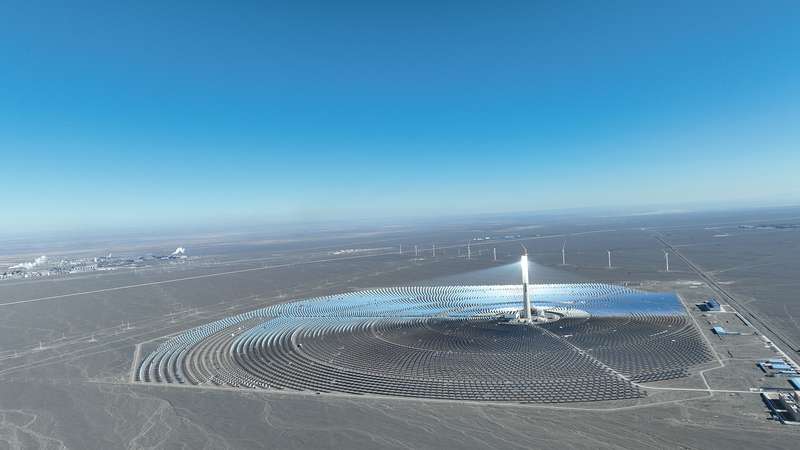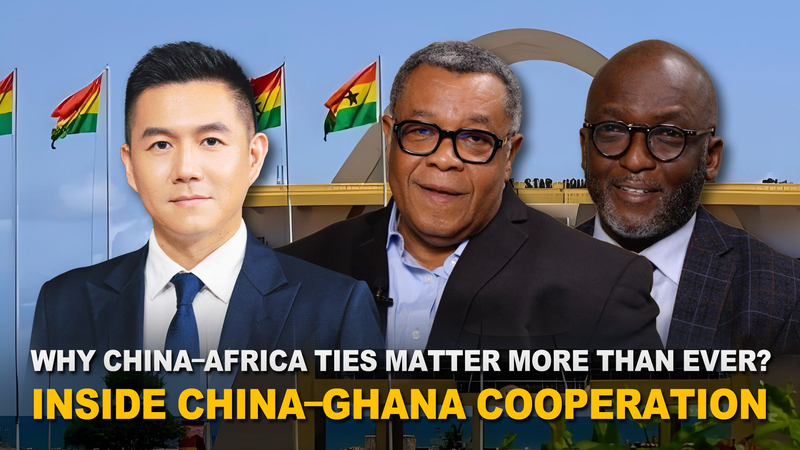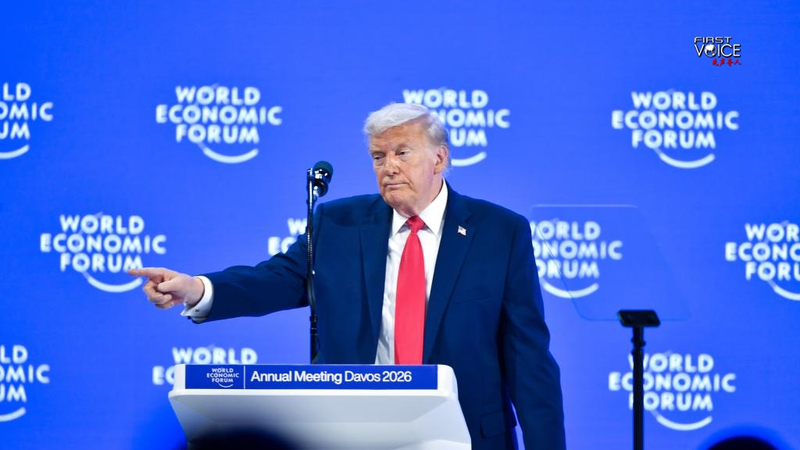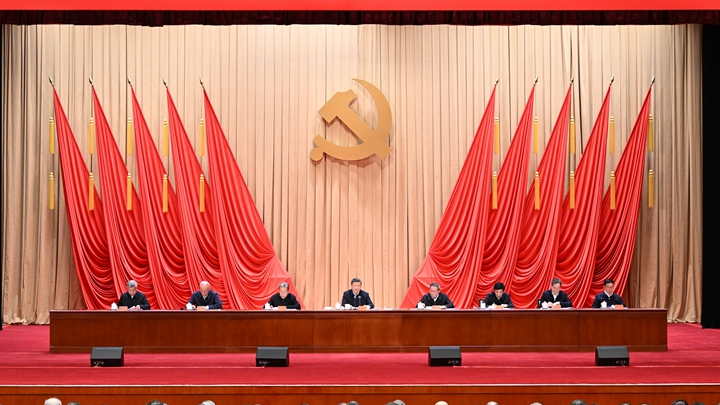The recent G7 Summit in Kananaskis, Canada (June 15-17, 2025) proved less about decisive global leadership and more a showcase of internal divisions. Amid escalating tensions in the Middle East, especially the Iran-Israel crisis, the summit left many feeling let down. 😕
The joint statement issued reaffirmed Israel's right to self-defense and pointed to Iran as a principal source of regional instability. However, its vague language and lack of concrete diplomatic initiatives did little to stun the critics or offer a clear path forward.
A major flashpoint was the disruptive conduct of U.S. President Donald Trump. His erratic behavior and premature exit—citing "something important"—highlighted a reluctance by some to engage fully in multilateral diplomacy. 🤔
The diluted tone of the summit was another source of disappointment. Expectations were high, with figures like Ukraine's President Volodymyr Zelenskyy hoping for a robust, united front and stronger security commitments. Although Canada's Prime Minister Mark Carney announced a C$2 billion military aid package, it could not bridge the strategic divide.
For a generation used to fast-paced innovation and clear digital communication, this sluggish diplomacy feels like a buffering video in an era demanding immediacy. The summit’s overall inability to act decisively leaves many wondering if global cooperation is too fragmented to address today’s urgent challenges. 💥
Reference(s):
cgtn.com




